Meet the first Rolex Award for Enterprise laureate from China: Liu Shaochuang is using the technology he developed for the country’s lunar rovers to protect endangered wild camels in the Gobi Desert
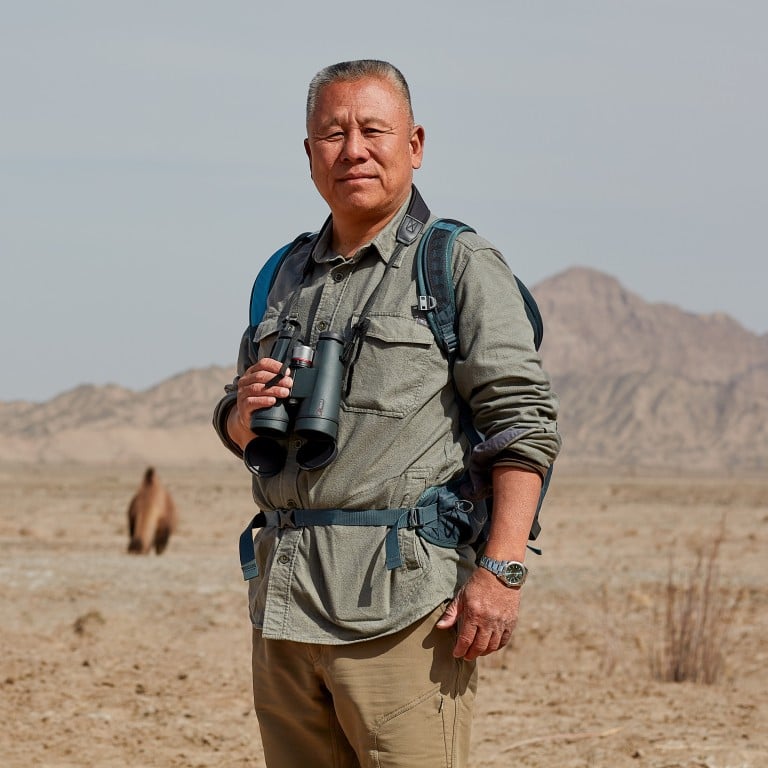
Swiss luxury watchmaker Rolex recently honoured Liu Shaochuang, a visionary who uses remote sensing to save wild camels from extinction, with a coveted Rolex Award for Enterprise.
This accolade, a first for a mainland Chinese national, falls under the Rolex Perpetual Planet Initiative that supports individuals and organisations committed to safeguarding the planet.
Liu is one of five laureates receiving awards for the year 2023, among 160 laureates since the programme’s launch in 1976.
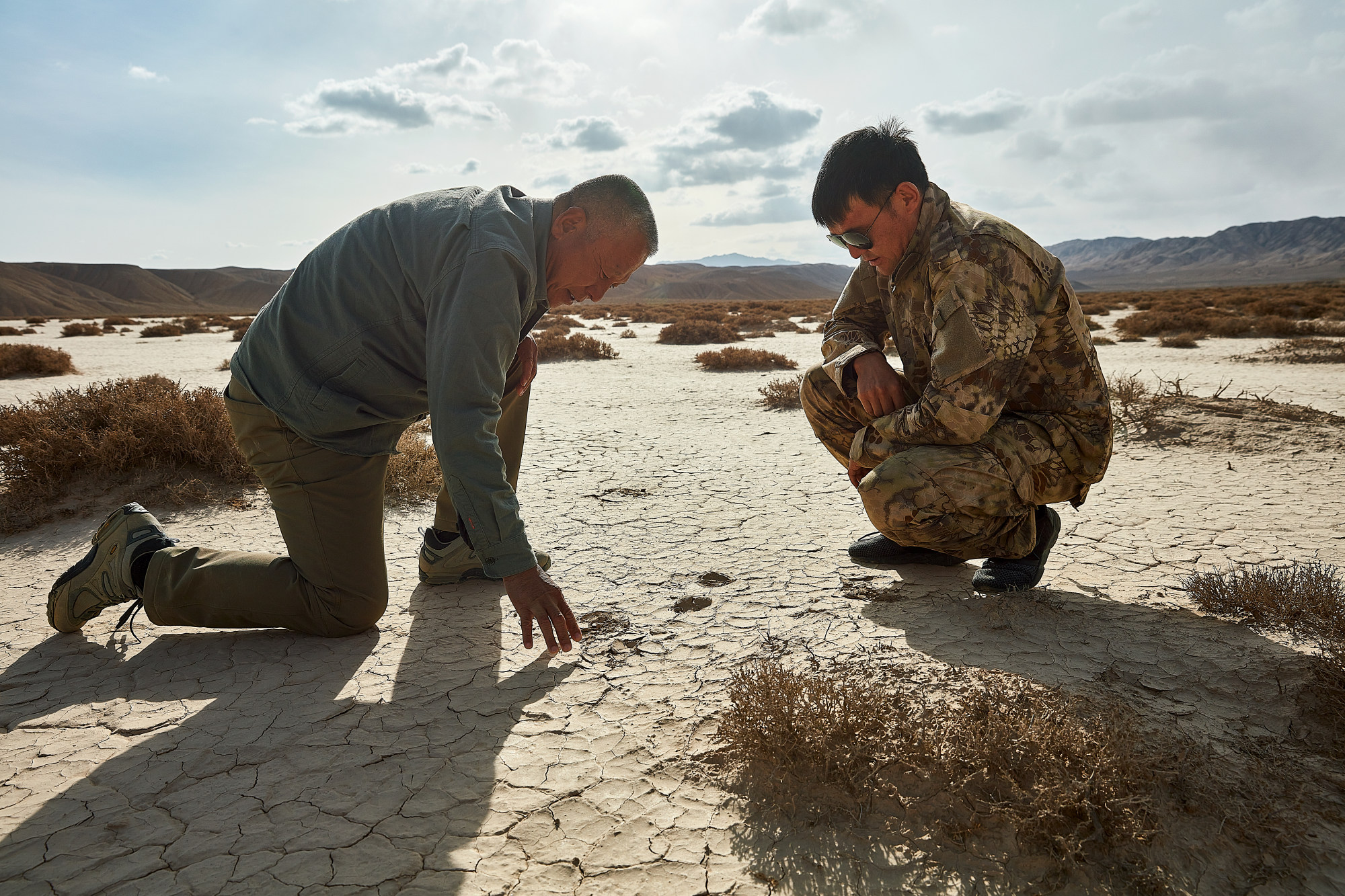
The award ceremony – held last Thursday on February 22 in Beijing – not only spotlighted Liu’s groundbreaking work, but was also a beacon of inspiration for the conservation professionals and university students who were present at the event.
7 watches from Michael Jordan’s slam-dunk luxury collection
At 61, Liu has been at the forefront of technological advancement during his career. Having helped develop the navigation systems for China’s lunar and Mars rovers, he realised that space technology could also be used to monitor the scattered wild camel herds throughout the Gobi Desert, while testing a prototype of the lunar rover Yutu-3 there in 2011.
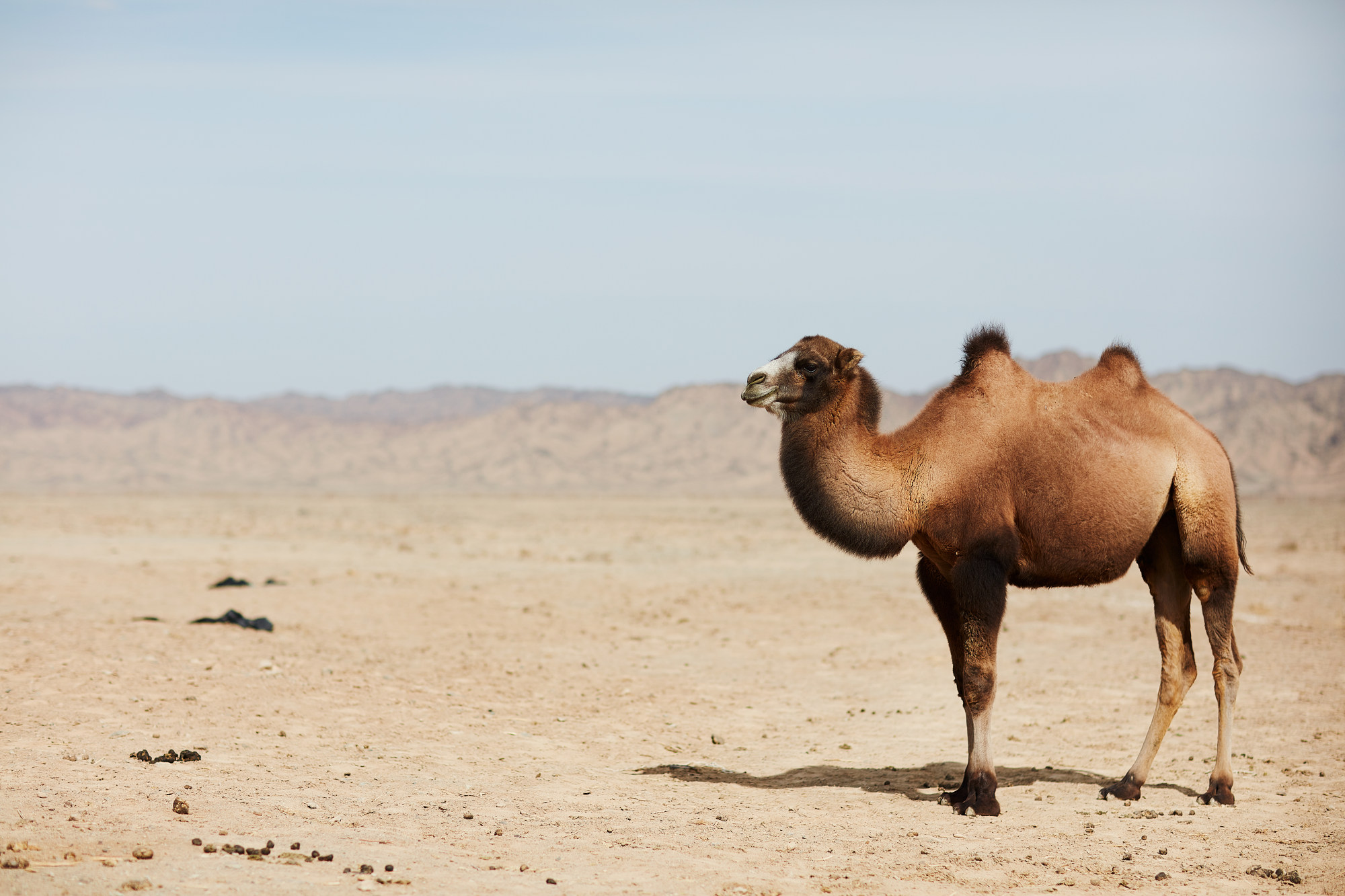
Listed by the International Union for Conservation of Nature as critically endangered, fewer than 1,000 wild camels are estimated to be in the world today. Research on the species was previously done only through human observations of their droppings and hoof prints, which was time-consuming and less effective.
Using satellite tracking on wild camels and remote sensing to detect their habitats, Liu has been able to forecast how climate change will affect wild camels through data and custom-built models, turning a reactive research process into a proactive one.
Sho Hirano’s luxury watch collection, from Rolex to Harry Winston
“I am not good with words, but I know this for sure: this large mammal, which is a unique species on Earth, will go extinct if we don’t protect it,” he told Style by SCMP in a group interview. Over the next two years, he hopes to extend the technology to protect snow leopards, which have habitats in the Himalayas.
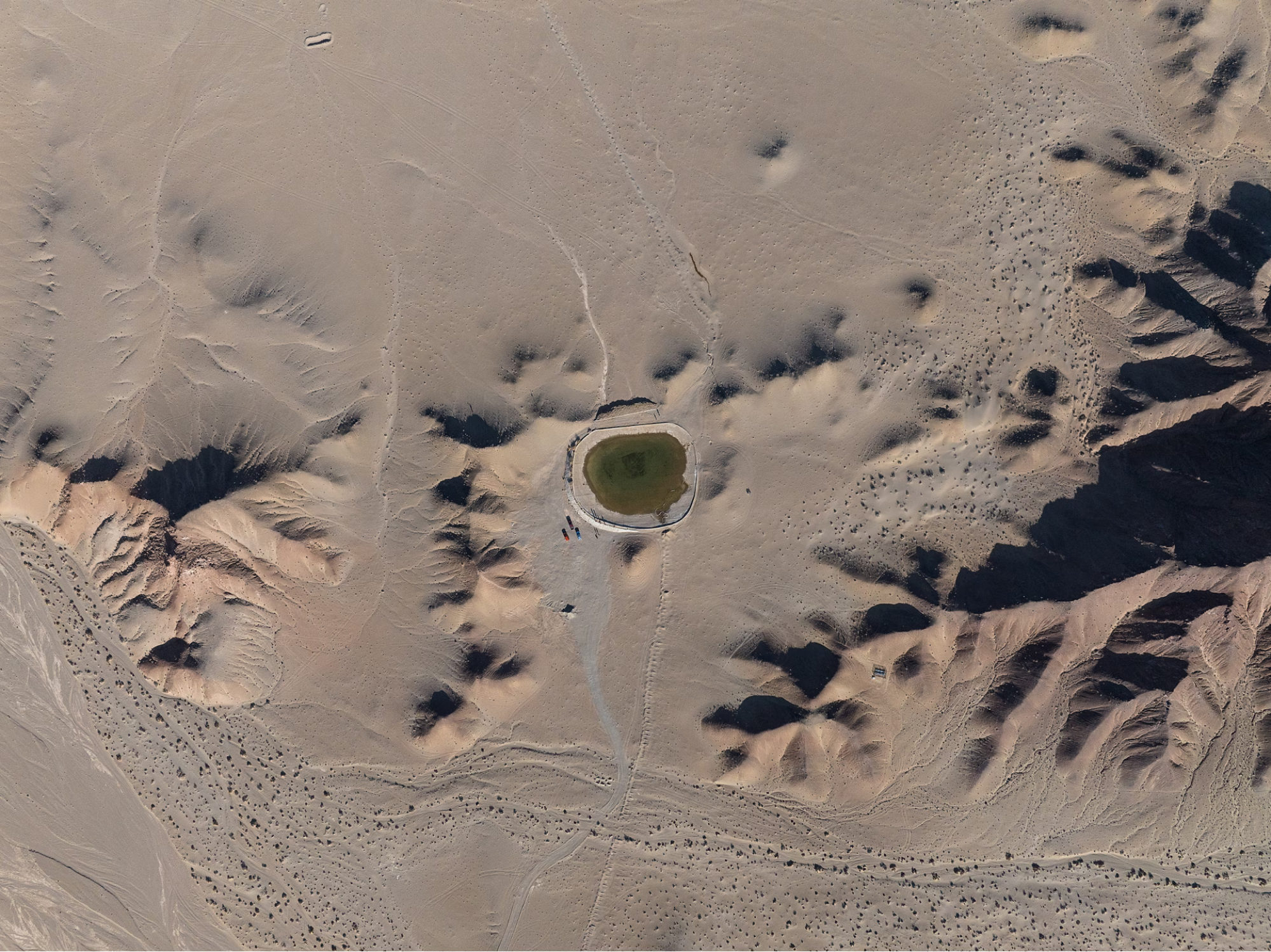
Liu’s career journey and laureate status show just how much he has persevered. He even got into a car accident during a field trip around a decade ago, which left a scar near his eye. “Facing difficulties and [overcoming] them is normal in scientific research and other areas. It is part of the process. If you stop whenever you encounter difficulties, then nothing will ever get done,” he said at the award ceremony. Liu first learned about Rolex Awards for Enterprise when he was 28, in the early 90s, and was previously shortlisted in 2004.
“Professor Liu embodies the enterprising spirit of the Rolex Award,” said Thomas Neff, the general manager of Rolex (Shanghai) at the ceremony. “Seeking out new challenges, applying your expertise in one field to advance another, forcing partnerships and spanning borders, and pushing back against the boundaries. These are the traits that this programme supports.”
Prince Mateen of Brunei’s watch collection, from Patek Philippe to Rolex
Liu was selected by an independent and interdisciplinary jury of 10 international experts, which includes Christine Loh, the former undersecretary for the environment of Hong Kong.
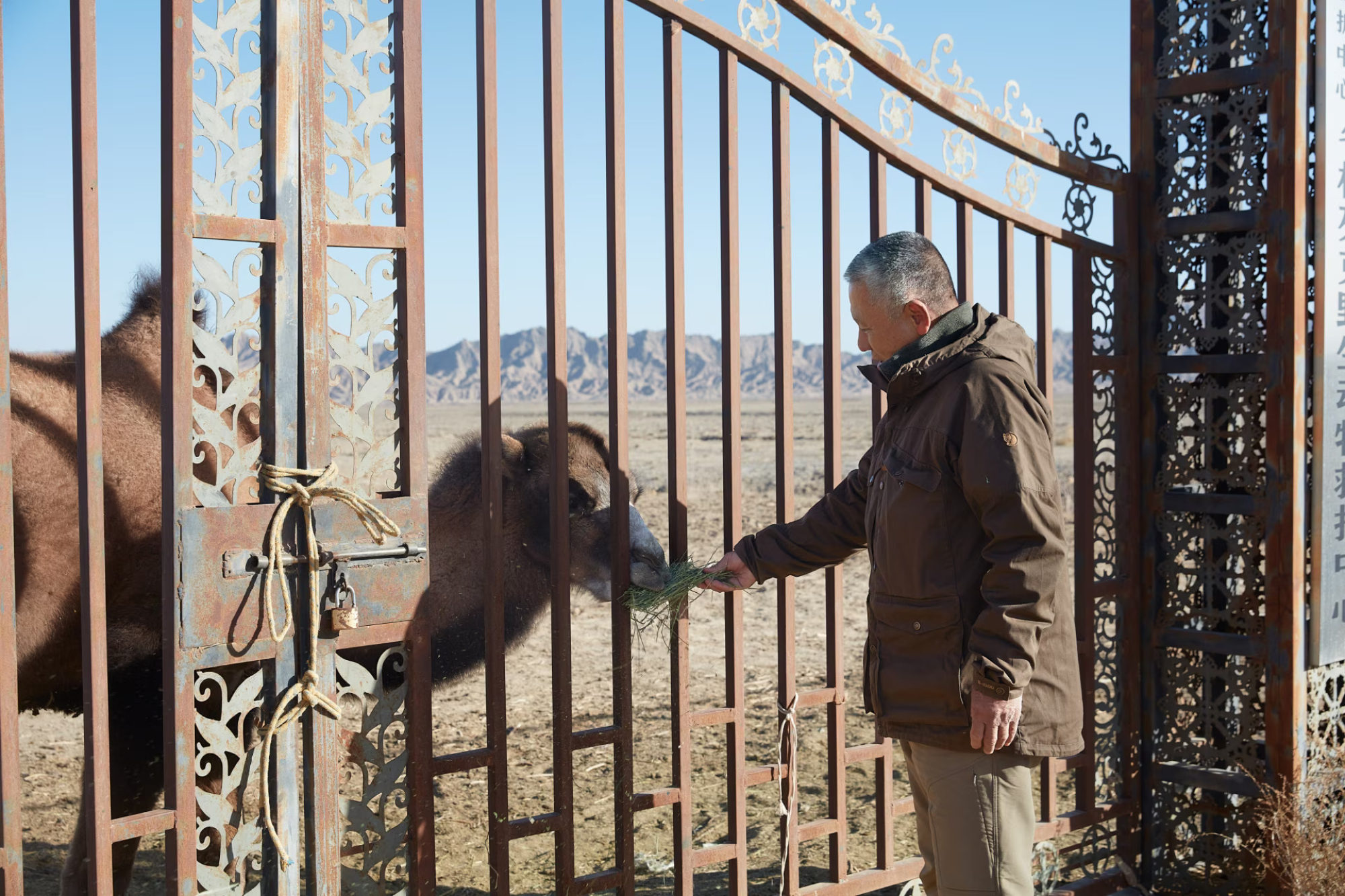
Along with Liu, the four other laureates this year are Indonesian entrepreneur Denica Riadini-Flesch, Kenyan social entrepreneur Beth Koigi, Ivorian primatologist Inza Koné, and Peruvian biologist Constantino Aucca Chutas. They share a common goal of improving lives while protecting the planet for future generations.
Liu’s award will support his field work and provide him with a year’s worth of airtime for 40 satellite trackers with the goal of creating the two new conservation zones: the China Wild Camel National Park, which may become a critical addition to the three existing ones in China; and the China-Mongolia Cross-border Wild Camel Nature Reserve.

- The four other laureates for the year 2023 are Denica Riadini-Flesch, Beth Koigi, Inza Koné and Constantino Aucca Chutas; 160 laureates have been named since 1976
- Estimates show that there are fewer than 1,000 wild camels in the world, and the award will go towards 40 new satellite trackers and the creation of 2 new conservation zones